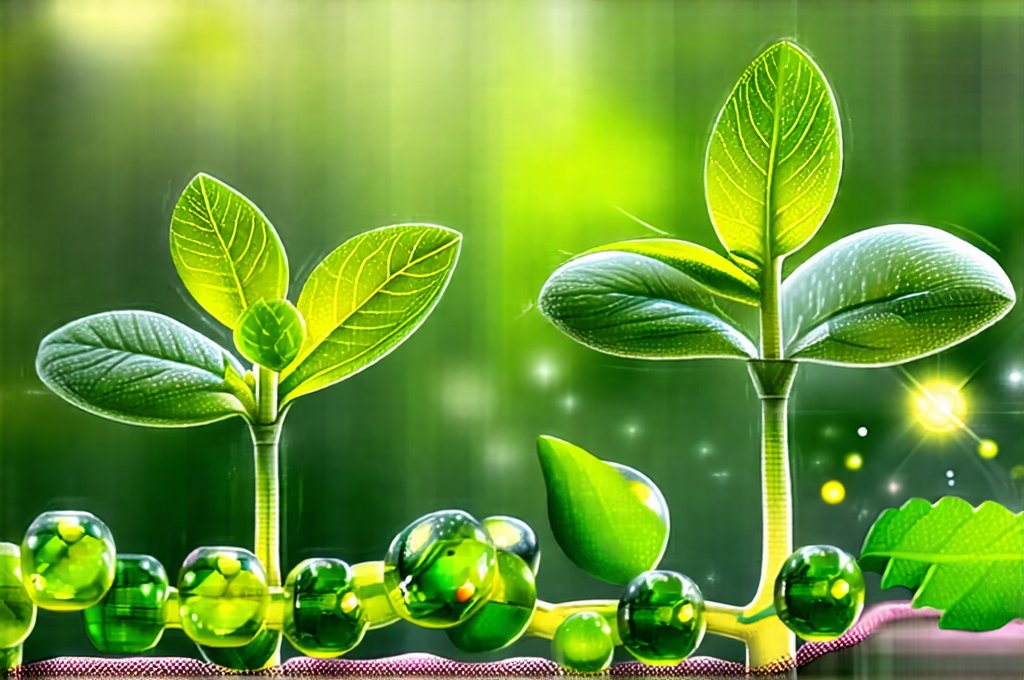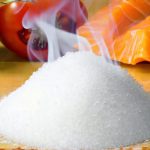The world of plant-based foods is increasingly recognized for its complex chemistry and profound effects on our health. Beyond vitamins and minerals, plants contain thousands of bioactive compounds, among which polyphenols stand out as a particularly intriguing group. These naturally occurring compounds are responsible for many of the colors, flavors, and aromas we associate with fruits, vegetables, teas, and even dark chocolate. But their influence extends far beyond sensory experience; polyphenols play a significant role in modulating biological processes within our digestive systems, including the often-overlooked realm of gas production. Understanding how these compounds interact with gut microbiota and digestion can unlock insights into managing digestive comfort and overall well-being.
The relationship between diet and flatulence is complex and multifaceted. While some foods are undeniably more prone to causing gas due to their inherent carbohydrate composition (like beans and cruciferous vegetables), the impact of polyphenols introduces a fascinating layer of nuance. Polyphenols aren’t directly fermented by most gut bacteria, meaning they don’t contribute directly to gas production in the same way as readily fermentable carbohydrates do. Instead, they exert their effects through more indirect mechanisms – influencing microbial communities, altering digestive processes, and impacting intestinal permeability. This article will delve into the ways polyphenols shape gas production within our digestive system, exploring both potential reductions and, occasionally, exacerbations of flatulence. Understanding eating habits is also key to managing these effects.
Polyphenol Interactions with Gut Microbiota
The gut microbiota is a diverse ecosystem of bacteria, archaea, fungi, and viruses residing in our intestines. These microorganisms play a crucial role in digesting food components we cannot break down ourselves, synthesizing vitamins, and influencing immune function. Polyphenols don’t typically serve as fuel for these microbes – they often lack the structural features needed for easy fermentation. However, their influence on microbial composition is substantial. Polyphenol consumption can selectively promote the growth of beneficial bacteria while suppressing potentially harmful ones. This shift in microbial balance has a cascading effect on gas production.
- Specifically, polyphenols have been shown to favor Bifidobacteria and Lactobacilli, known for their anti-inflammatory properties and ability to improve gut health.
- Conversely, they can inhibit the growth of certain gas-producing bacteria like Clostridium perfringens, which are notorious for fermenting undigested carbohydrates into hydrogen sulfide (a gas with a particularly unpleasant odor).
- This modulation isn’t uniform; different polyphenols affect different bacterial species to varying degrees. For example, ellagic acid found in berries seems to have a stronger effect on suppressing putrefactive bacteria compared to quercetin from onions.
The resulting changes in microbial metabolism lead to alterations in the types of gases produced. A healthier gut microbiome, nurtured by polyphenol intake, tends to produce less hydrogen sulfide and more short-chain fatty acids (SCFAs) like butyrate, propionate, and acetate. SCFAs are not only beneficial for colonocyte health but also contribute to reduced inflammation and improved gut motility – factors that can indirectly influence gas production. In essence, polyphenols help steer the microbial ecosystem towards a less gas-producing profile. Managing reflux in check is also linked to overall gut health.
Polyphenol Effects on Carbohydrate Digestion
Beyond directly shaping bacterial populations, polyphenols impact how our bodies digest carbohydrates—the primary source of fermentable substrates for gas production. One key mechanism is their ability to inhibit enzymes involved in carbohydrate breakdown. For example, alpha-glucosidase and alpha-amylase are responsible for breaking down complex carbohydrates into simpler sugars that can be absorbed in the small intestine. Polyphenols like green tea catechins and quercetin have demonstrated inhibitory effects on these enzymes.
This inhibition slows down the rate at which carbohydrates are digested, leading to a smaller amount of glucose entering the bloodstream rapidly. More importantly from a gas production perspective, it means more undigested carbohydrates reach the colon where they become available for bacterial fermentation. However, this doesn’t automatically equate to increased flatulence. The type of carbohydrate and the gut microbiota composition dictate the outcome. If the gut microbiome is healthy (as promoted by polyphenol consumption itself!), it can efficiently process these undigested carbs with less noxious gas production. It’s also important to consider how alcohol-free drinks might impact digestion.
Furthermore, certain polyphenols can influence the viscosity of intestinal contents. By increasing viscosity, they slow down gastric emptying and intestinal transit time, giving digestive enzymes more time to work and potentially reducing the amount of unabsorbed carbohydrates reaching the colon. This effect is particularly relevant for individuals sensitive to rapid carbohydrate fermentation. It’s a delicate balance – slowing digestion can be beneficial in some cases but detrimental in others depending on individual sensitivities.
Polyphenol Influence on Intestinal Permeability
Intestinal permeability, often referred to as “leaky gut,” refers to the integrity of the intestinal barrier. A compromised barrier allows undigested food particles and bacterial toxins to enter the bloodstream, triggering inflammation and potentially contributing to digestive symptoms including bloating and gas. Polyphenols have demonstrated a remarkable ability to strengthen this barrier. They achieve this through several mechanisms:
- Enhancing tight junction protein expression – these proteins act like “glue” holding intestinal cells together.
- Reducing inflammation in the gut lining, which weakens the barrier over time.
- Promoting mucin production – mucin forms a protective layer that shields the intestinal epithelium from damage.
A stronger intestinal barrier minimizes the passage of undigested food and bacterial byproducts into circulation, reducing inflammation and improving overall digestive function. Less inflammation means less gut sensitivity and potentially reduced gas production. Moreover, a more intact barrier prevents excessive microbial translocation – the movement of bacteria across the intestinal wall – which can exacerbate fermentation processes in the colon. Understanding ingredient labels is essential for identifying potential triggers.
Polyphenol-Induced Gas: A Less Common Scenario
While polyphenols generally contribute to reduced gas production through the mechanisms described above, it’s important to acknowledge that they can occasionally exacerbate flatulence in certain individuals or situations. This is typically related to individual sensitivities and pre-existing gut conditions. For example:
- Some polyphenols, particularly those found in high concentrations in certain fruits (like apples and pears) contain fructans – a type of FODMAP (Fermentable Oligosaccharides, Disaccharides, Monosaccharides, And Polyols). Individuals with Irritable Bowel Syndrome (IBS) or fructose malabsorption may experience increased gas production from fructan fermentation.
- Polyphenol metabolism itself can generate certain compounds that contribute to bloating in sensitive individuals. Although the amounts are usually small, some people are more susceptible than others.
- Rapid shifts in gut microbiota composition due to drastic changes in polyphenol intake could temporarily lead to increased gas as the microbial ecosystem readjusts. This is less common but possible, particularly if someone suddenly increases their consumption of polyphenol-rich foods after a period of low intake.
It’s crucial to remember that these situations are relatively uncommon and often depend on individual factors. For most people, the benefits of polyphenols in modulating gut health and reducing inflammation outweigh the potential for increased flatulence. The key is mindful consumption and paying attention to how different polyphenol-rich foods affect your own digestive system. Be aware of how late-night scrolling can impact digestion, too.
Ultimately, understanding the complex interplay between polyphenols, gut microbiota, carbohydrate digestion, and intestinal permeability offers a more nuanced perspective on gas production. Polyphenols aren’t simply anti-gas compounds; they are modulators of the entire digestive ecosystem, capable of promoting a healthier gut environment that often leads to reduced flatulence and improved digestive comfort. Long-term antacid use can also affect these processes. Finally, consider how food temperature may play a role as well.


















